PHP 5.5 has been released and it features a new code caching module called OPCache, but there doesn't appear to be any documentation for it.
So where is the documentation for it and how do I use OPcache?
PHP 5.5 has been released and it features a new code caching module called OPCache, but there doesn't appear to be any documentation for it.
So where is the documentation for it and how do I use OPcache?
OpCache is compiled by default on PHP5.5+. However it is disabled by default. In order to start using OpCache in PHP5.5+ you will first have to enable it. To do this you would have to do the following.
Add the following line to your php.ini:
zend_extension=/full/path/to/opcache.so (nix)
zend_extension=C:\path\to\php_opcache.dll (win)
Note that when the path contains spaces you should wrap it in quotes:
zend_extension="C:\Program Files\PHP5.5\ext\php_opcache.dll"
Also note that you will have to use the zend_extension directive instead of the "normal" extension directive because it affects the actual Zend engine (i.e. the thing that runs PHP).
Currently there are four functions which you can use:
opcache_get_configuration():Returns an array containing the currently used configuration OpCache uses. This includes all ini settings as well as version information and blacklisted files.
var_dump(opcache_get_configuration());
opcache_get_status():This will return an array with information about the current status of the cache. This information will include things like: the state the cache is in (enabled, restarting, full etc), the memory usage, hits, misses and some more useful information. It will also contain the cached scripts.
var_dump(opcache_get_status());
opcache_reset():Resets the entire cache. Meaning all possible cached scripts will be parsed again on the next visit.
opcache_reset();
opcache_invalidate():Invalidates a specific cached script. Meaning the script will be parsed again on the next visit.
opcache_invalidate('/path/to/script/to/invalidate.php', true);
There are some GUI's created to help maintain OpCache and generate useful reports. These tools leverage the above functions.
OpCacheGUI
Disclaimer I am the author of this project
Features:
Screenshots:




URL: https://github.com/PeeHaa/OpCacheGUI
opcache-status
Features:
Screenshot:

URL: https://github.com/rlerdorf/opcache-status
opcache-gui
Features:
Screenshot:

Because OPcache is designed to replace the APC module, it is not possible to run them in parallel in PHP. This is fine for caching PHP opcode as neither affects how you write code.
However it means that if you are currently using APC to store other data (through the apc_store() function) you will not be able to do that if you decide to use OPCache.
You will need to use another library such as either APCu or Yac which both store data in shared PHP memory, or switch to use something like memcached, which stores data in memory in a separate process to PHP.
Also, OPcache has no equivalent of the upload progress meter present in APC. Instead you should use the Session Upload Progress.
The documentation for OPcache can be found here with all of the configuration options listed here. The recommended settings are:
; Sets how much memory to use
opcache.memory_consumption=128
;Sets how much memory should be used by OPcache for storing internal strings
;(e.g. classnames and the files they are contained in)
opcache.interned_strings_buffer=8
; The maximum number of files OPcache will cache
opcache.max_accelerated_files=4000
;How often (in seconds) to check file timestamps for changes to the shared
;memory storage allocation.
opcache.revalidate_freq=60
;If enabled, a fast shutdown sequence is used for the accelerated code
;The fast shutdown sequence doesn't free each allocated block, but lets
;the Zend Engine Memory Manager do the work.
opcache.fast_shutdown=1
;Enables the OPcache for the CLI version of PHP.
opcache.enable_cli=1
If you use any library or code that uses code annotations you must enable save comments:
opcache.save_comments=1
If disabled, all PHPDoc comments are dropped from the code to reduce the size of the optimized code. Disabling "Doc Comments" may break some existing applications and frameworks (e.g. Doctrine, ZF2, PHPUnit)
I am going to drop in my two cents for what I use opcache.
I have made an extensive framework with a lot of fields and validation methods and enums to be able to talk to my database.
Without opcache
When using this script without opcache and I push 9000 requests in 2.8 seconds to the apache server it maxes out at 90-100% cpu for 70-80 seconds until it catches up with all the requests.
Total time taken: 76085 milliseconds(76 seconds)
With opcache enabled
With opcache enabled it runs at 25-30% cpu time for about 25 seconds and never passes 25% cpu use.
Total time taken: 26490 milliseconds(26 seconds)
I have made an opcache blacklist file to disable the caching of everything except the framework which is all static and doesnt need changing of functionality. I choose explicitly for just the framework files so that I could develop without worrying about reloading/validating the cache files. Having everything cached saves a second on the total of the requests 25546 milliseconds
This significantly expands the amount of data/requests I can handle per second without the server even breaking a sweat.
With PHP 5.6 on Amazon Linux (should be the same on RedHat or CentOS):
yum install php56-opcache
and then restart apache.
I encountered this when setting up moodle. I added the following lines in the php.ini file.
zend_extension=C:\xampp\php\ext\php_opcache.dll
[opcache]
opcache.enable = 1
opcache.memory_consumption = 128
opcache.max_accelerated_files = 4000
opcache.revalidate_freq = 60
; Required for Moodle
opcache.use_cwd = 1
opcache.validate_timestamps = 1
opcache.save_comments = 1
opcache.enable_file_override = 0
; If something does not work in Moodle
;opcache.revalidate_path = 1 ; May fix problems with include paths
;opcache.mmap_base = 0x20000000 ; (Windows only) fix OPcache crashes with event id 487
; Experimental for Moodle 2.6 and later
;opcache.fast_shutdown = 1
;opcache.enable_cli = 1 ; Speeds up CLI cron
;opcache.load_comments = 0 ; May lower memory use, might not be compatible with add-ons and other apps
extension=C:\xampp\php\ext\php_intl.dll
[intl]
intl.default_locale = en_utf8
intl.error_level = E_WARNING